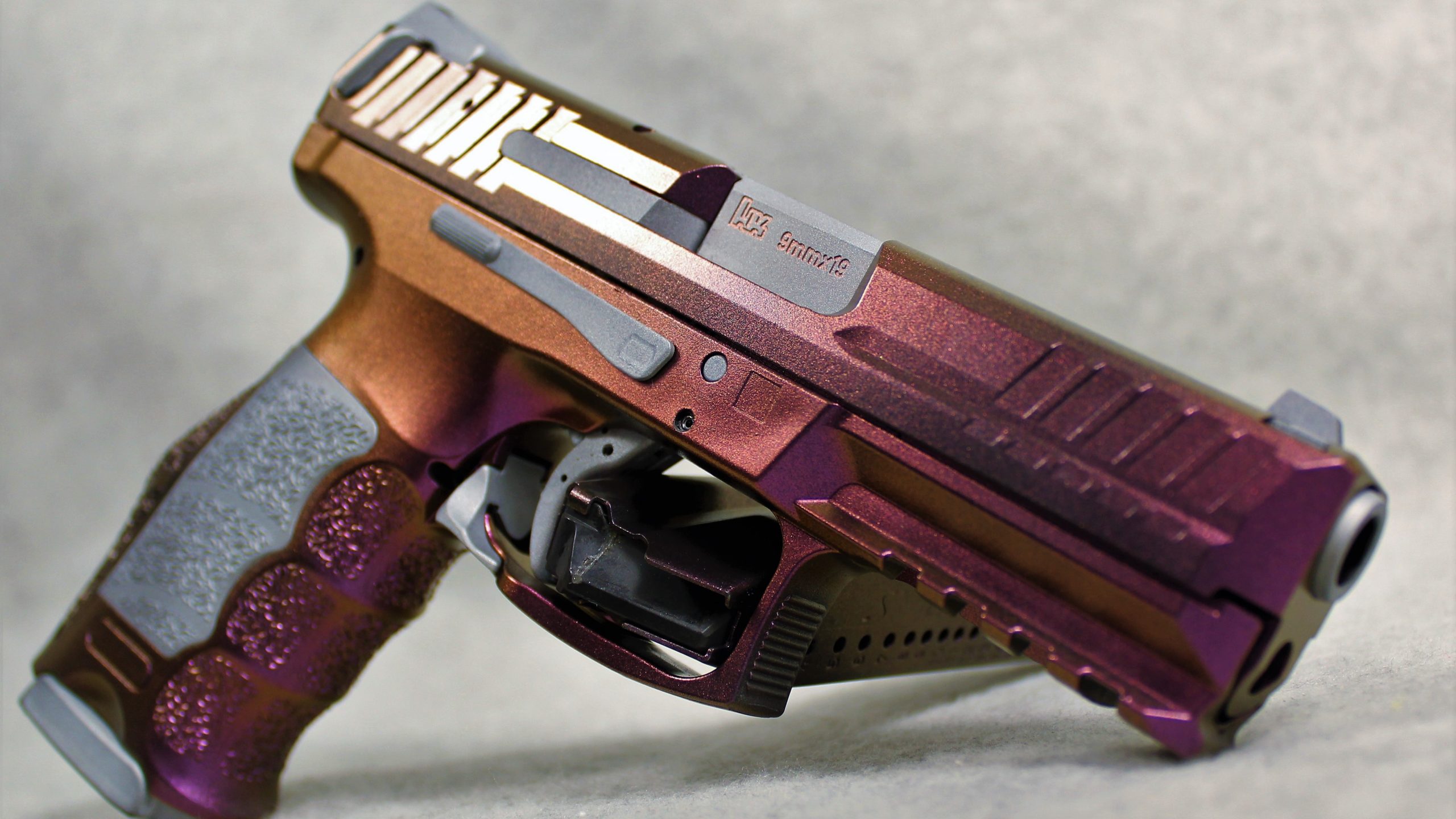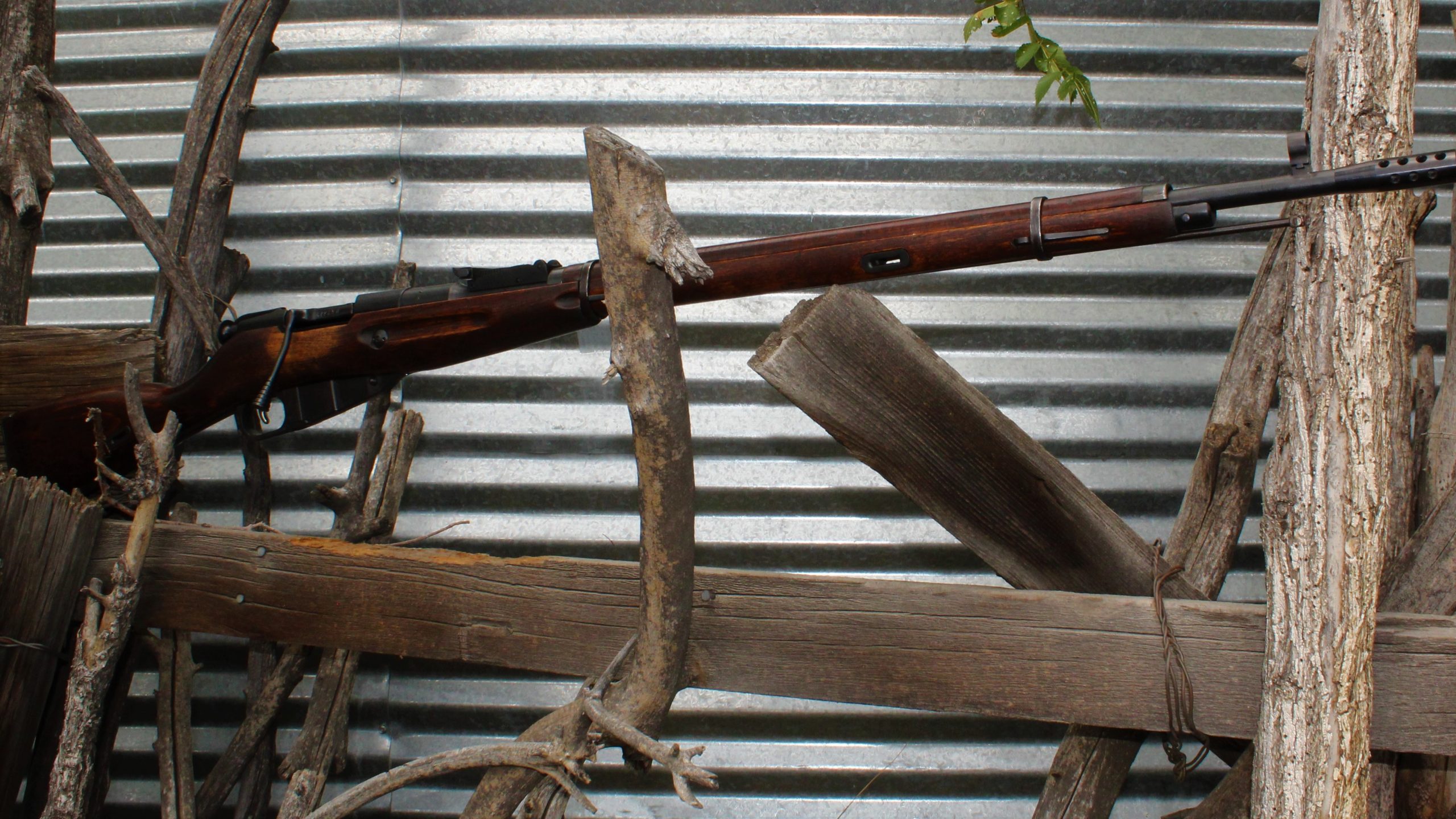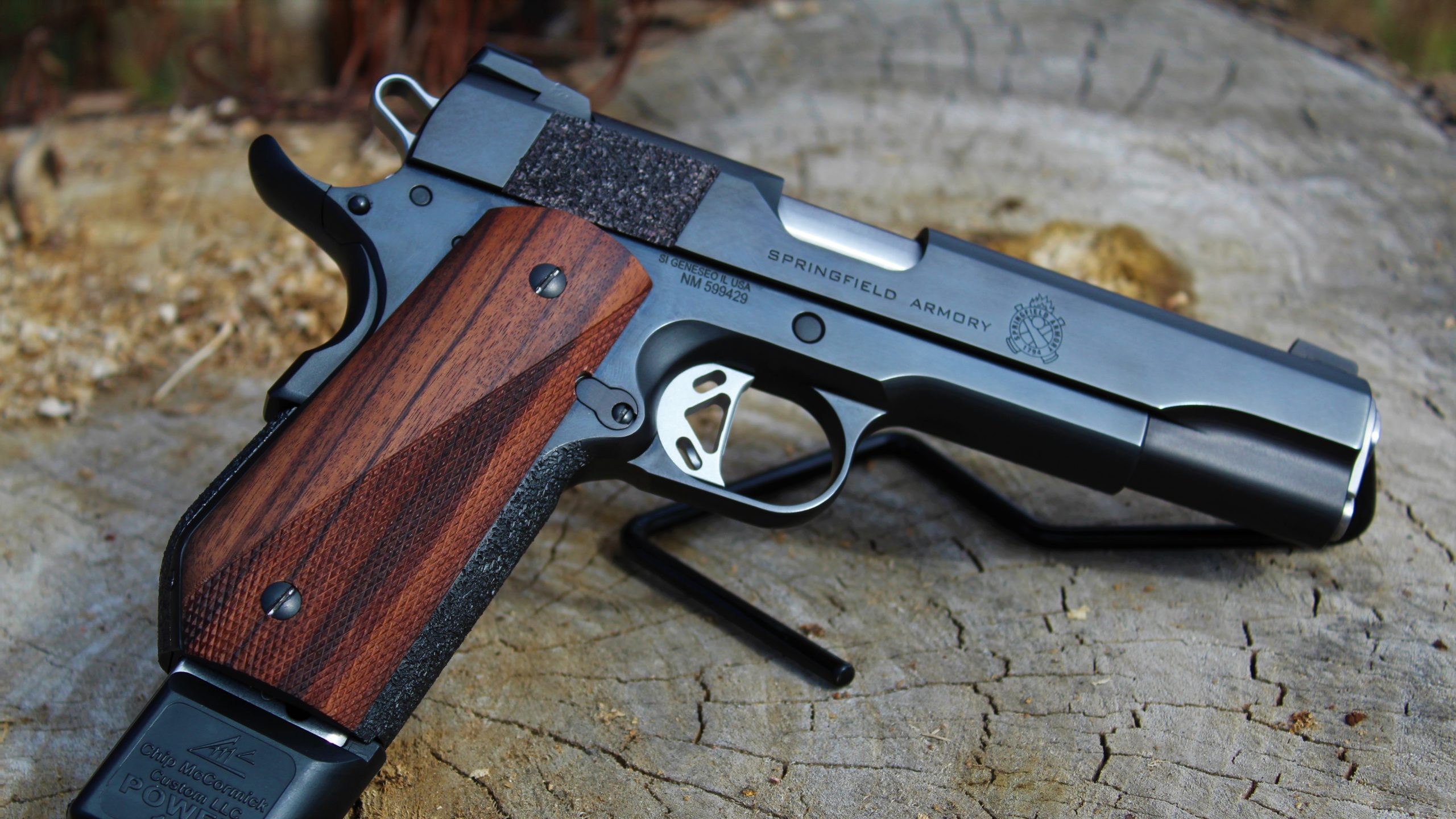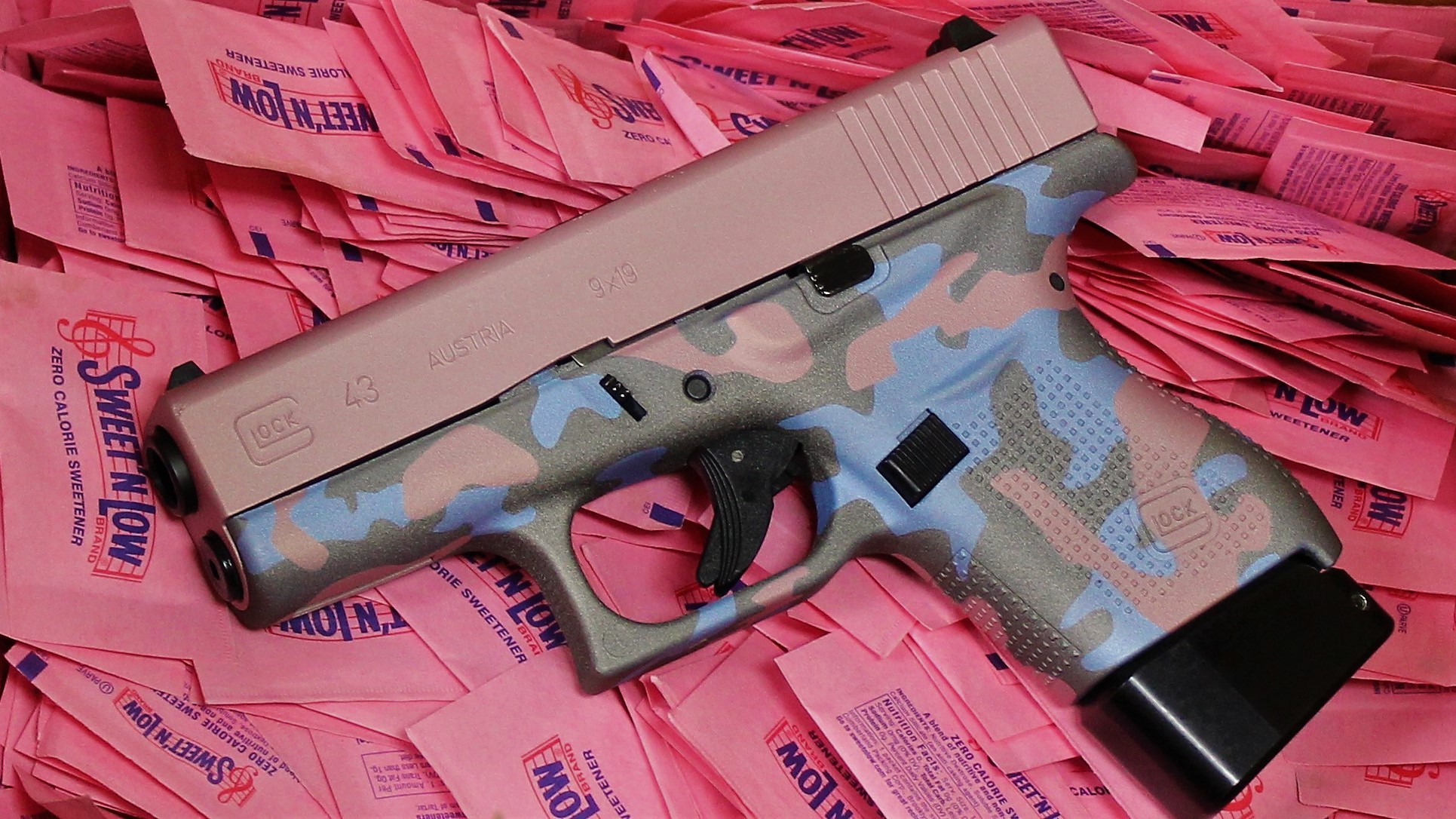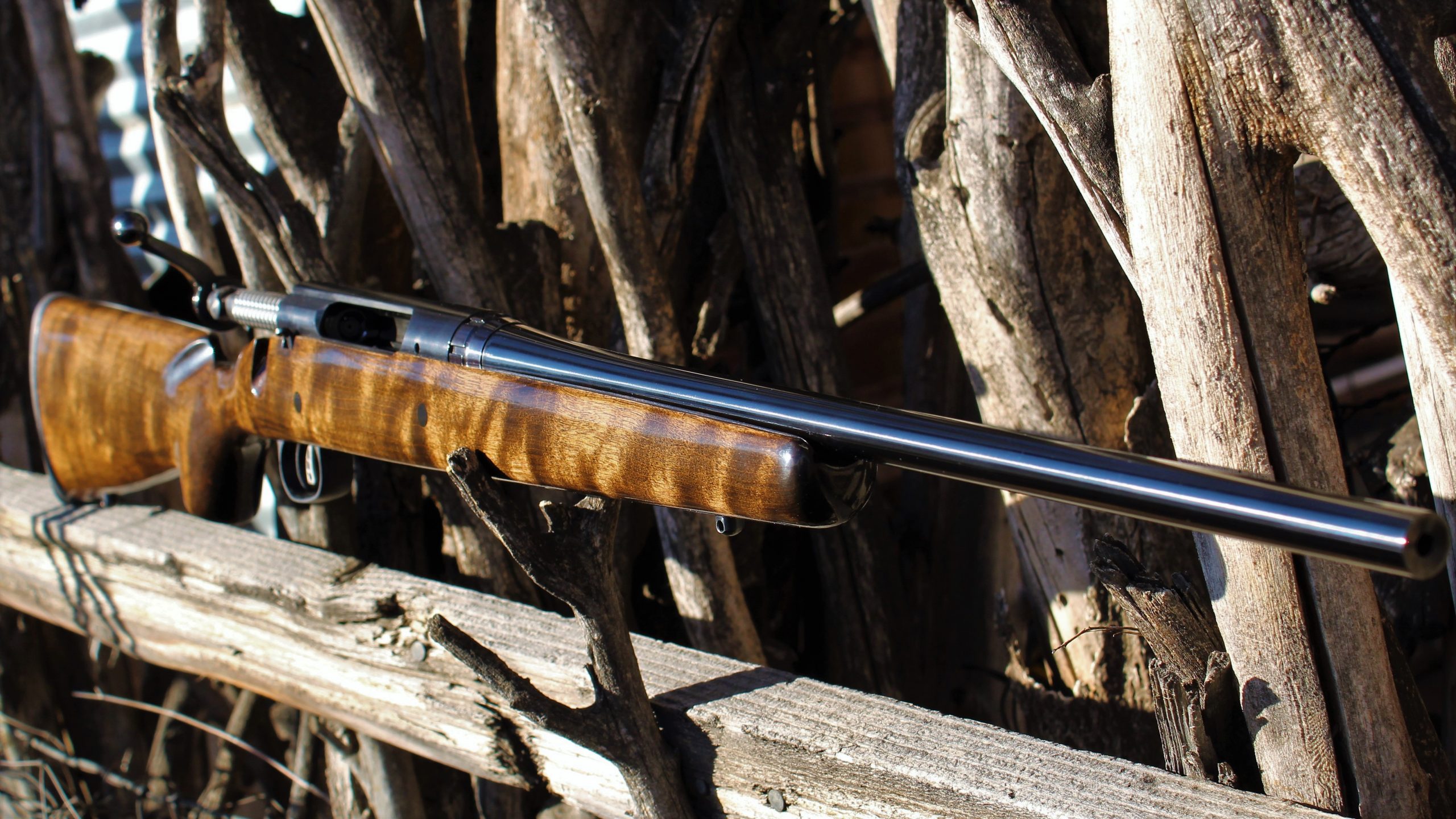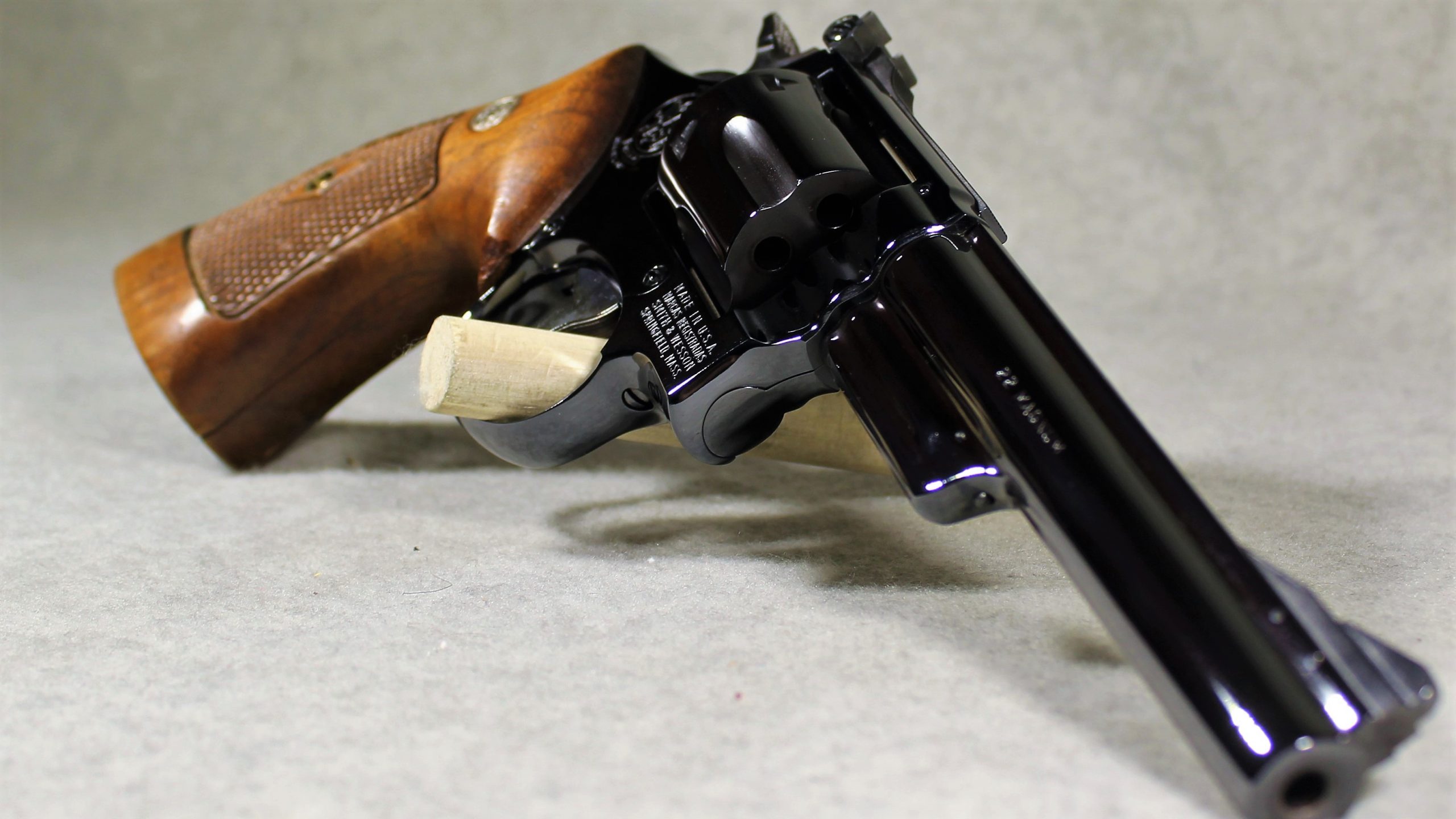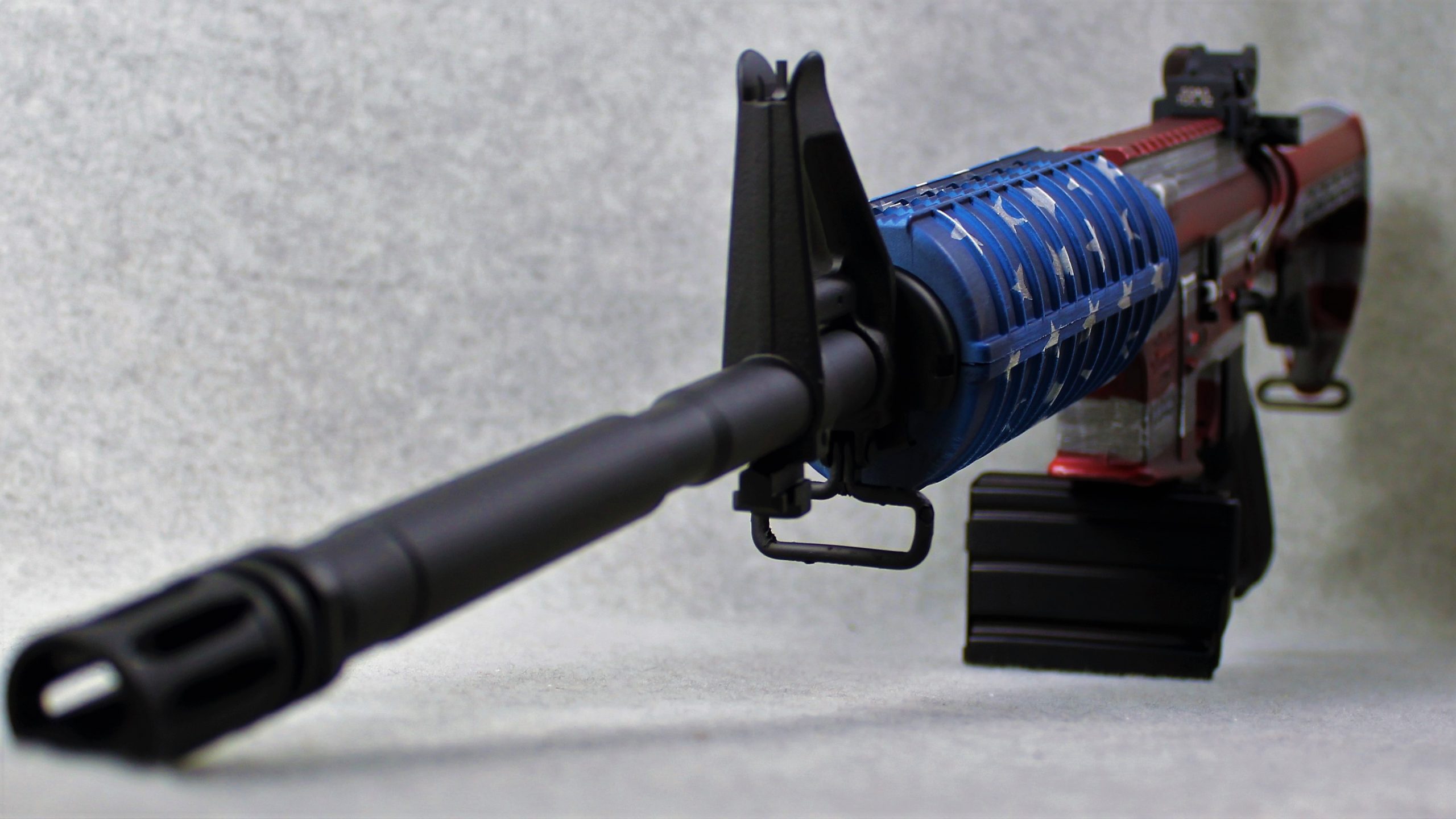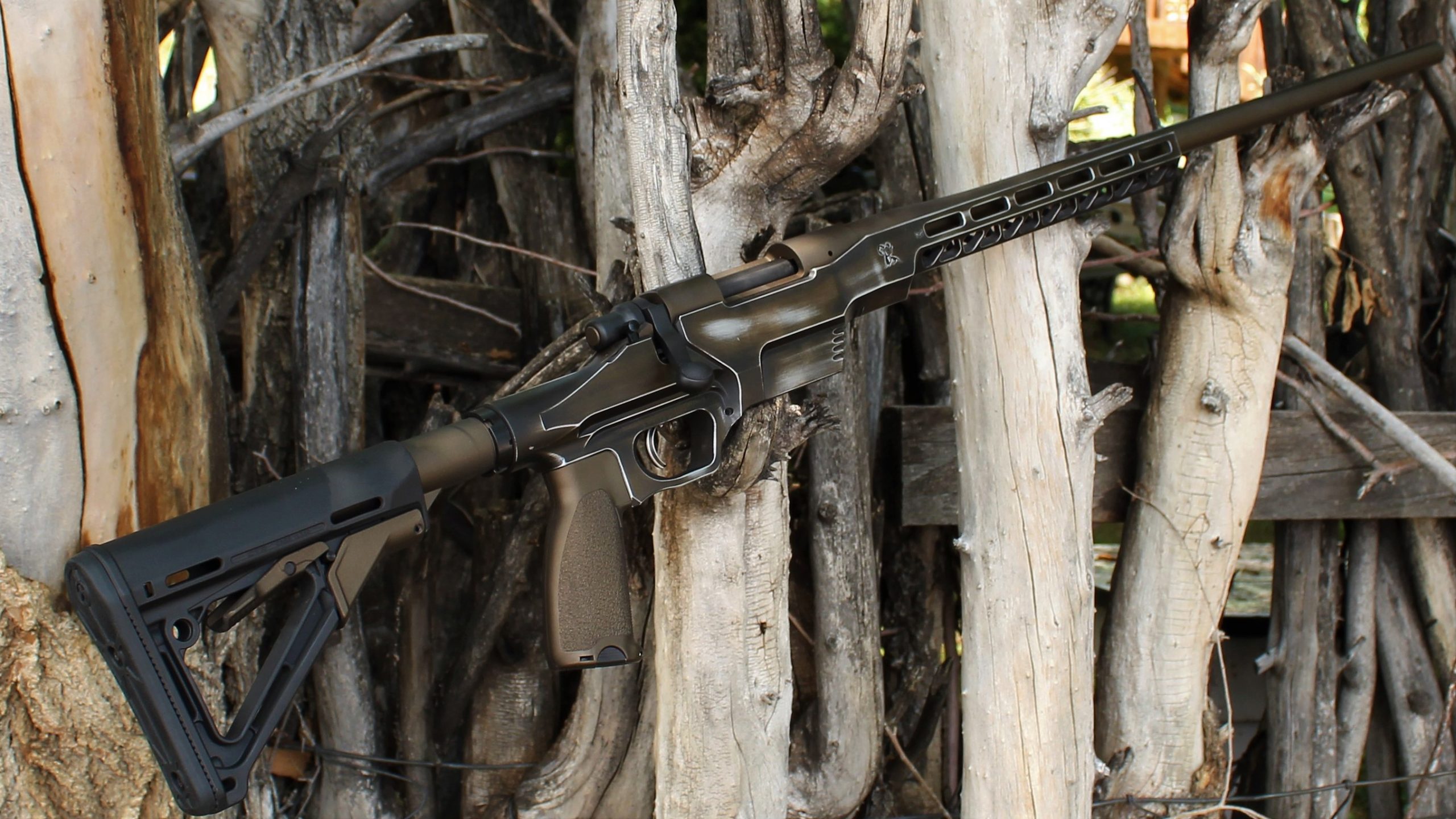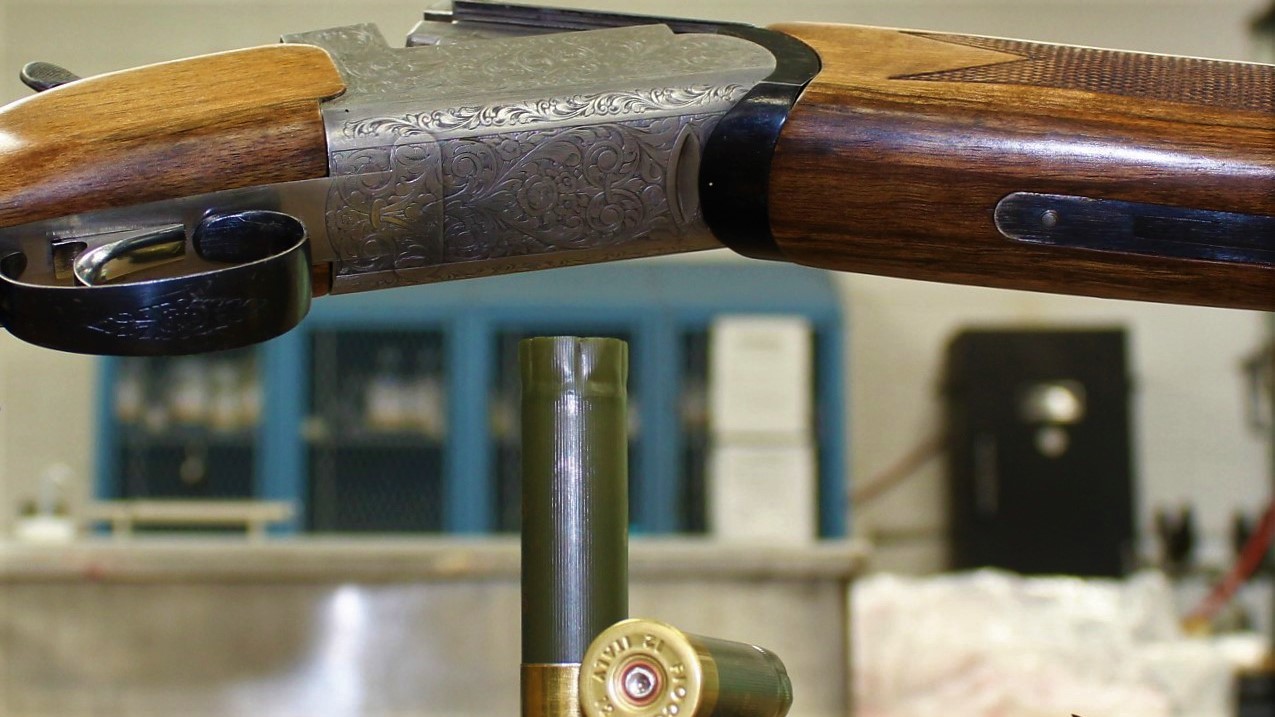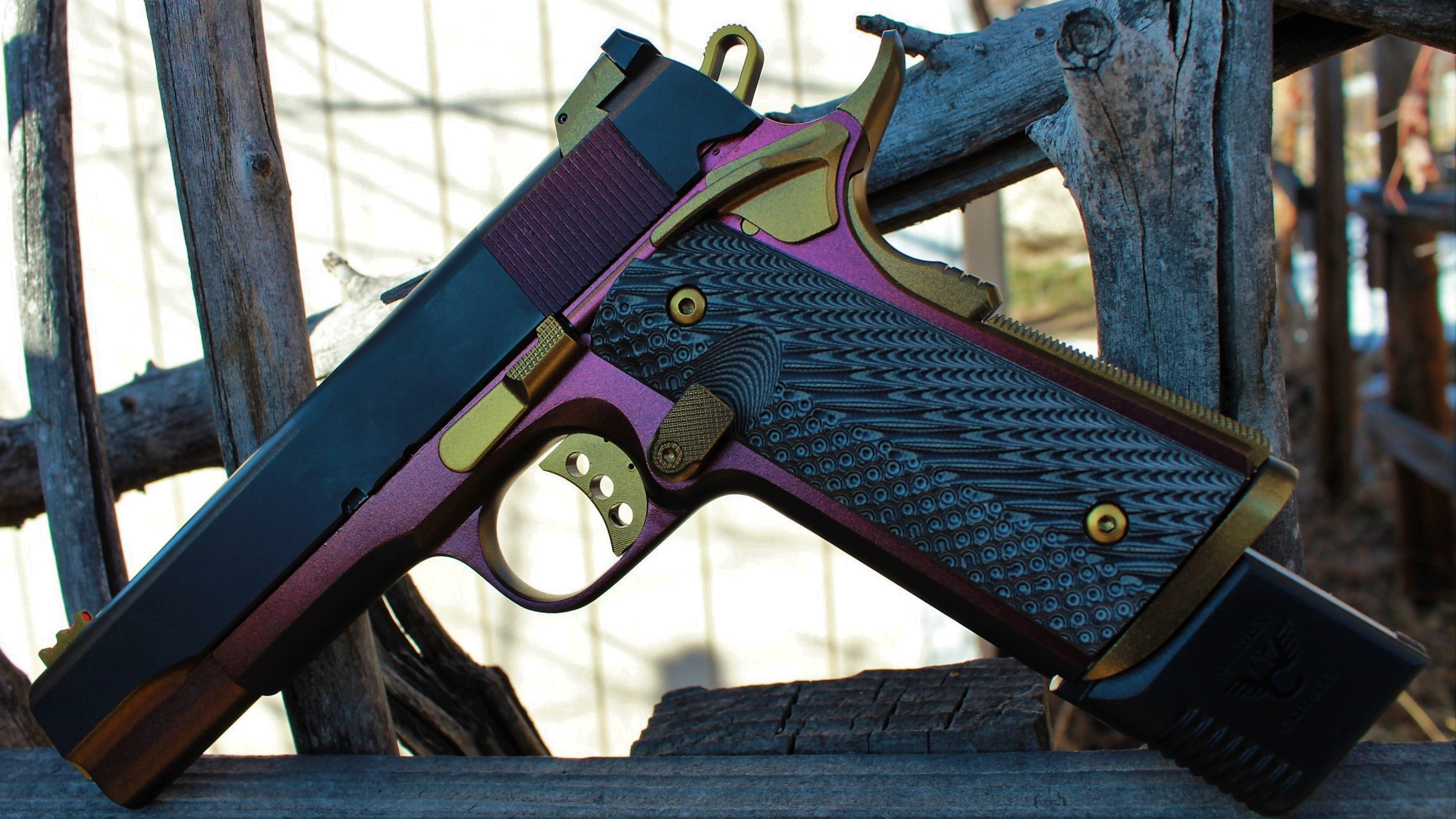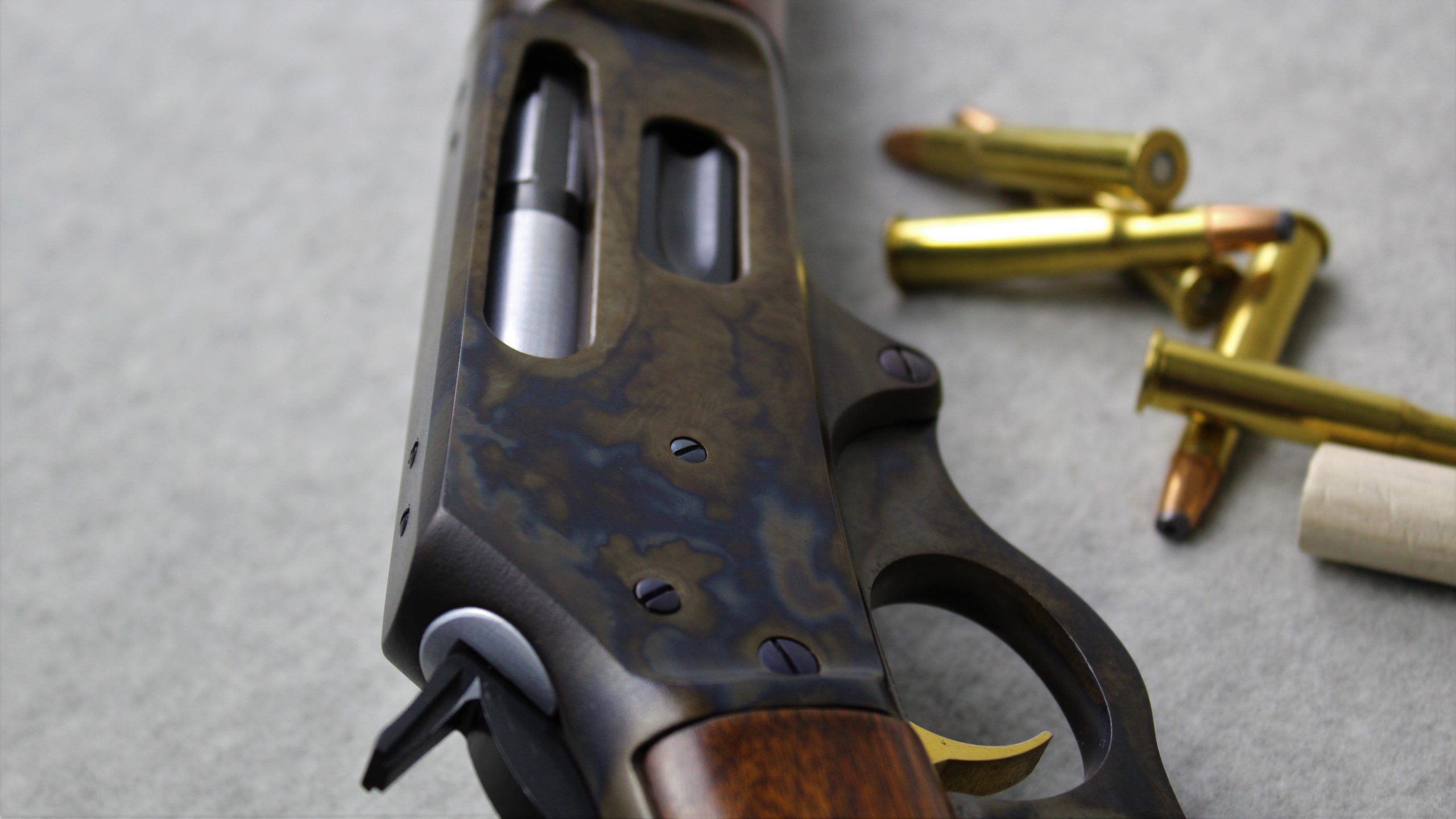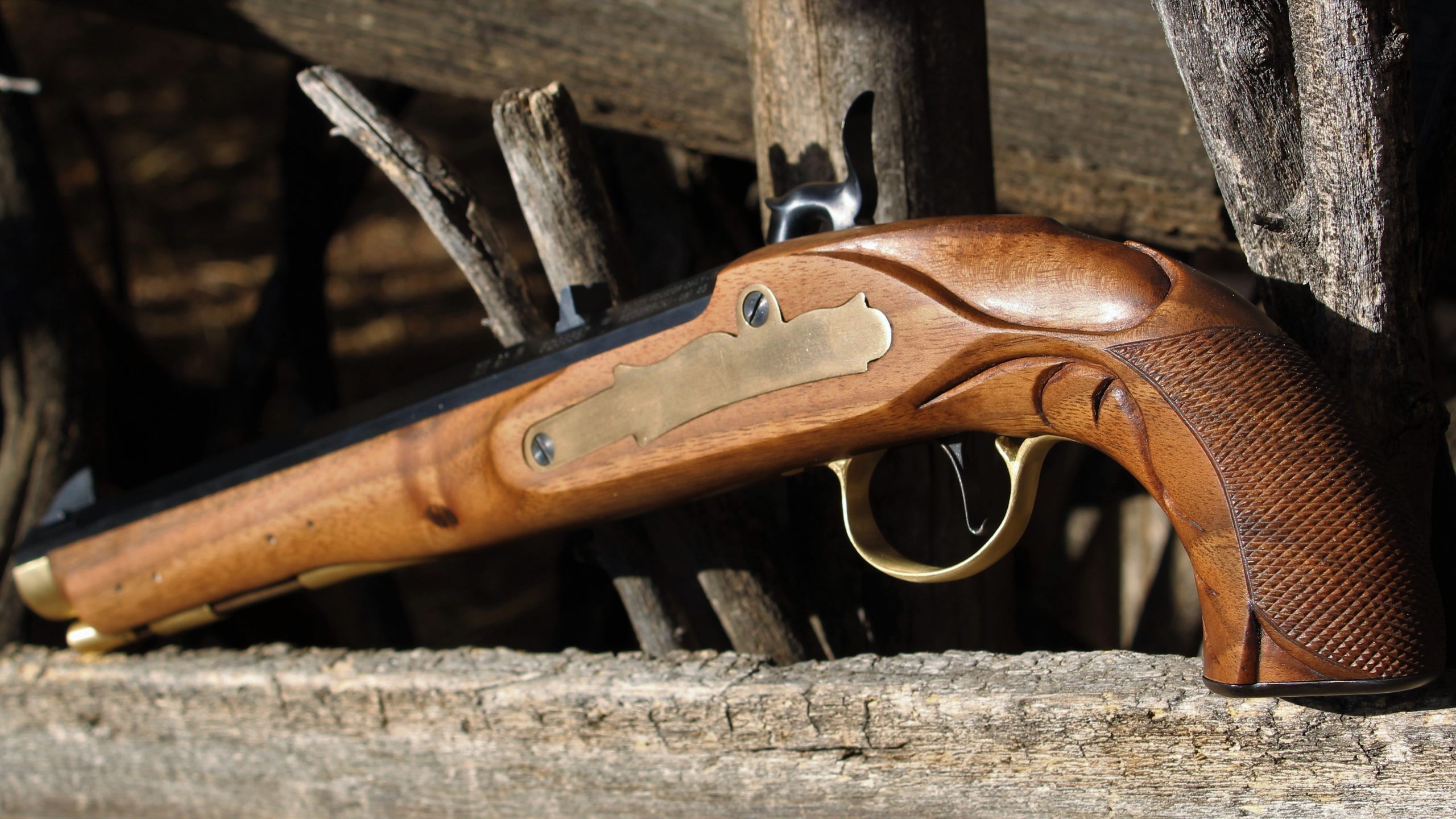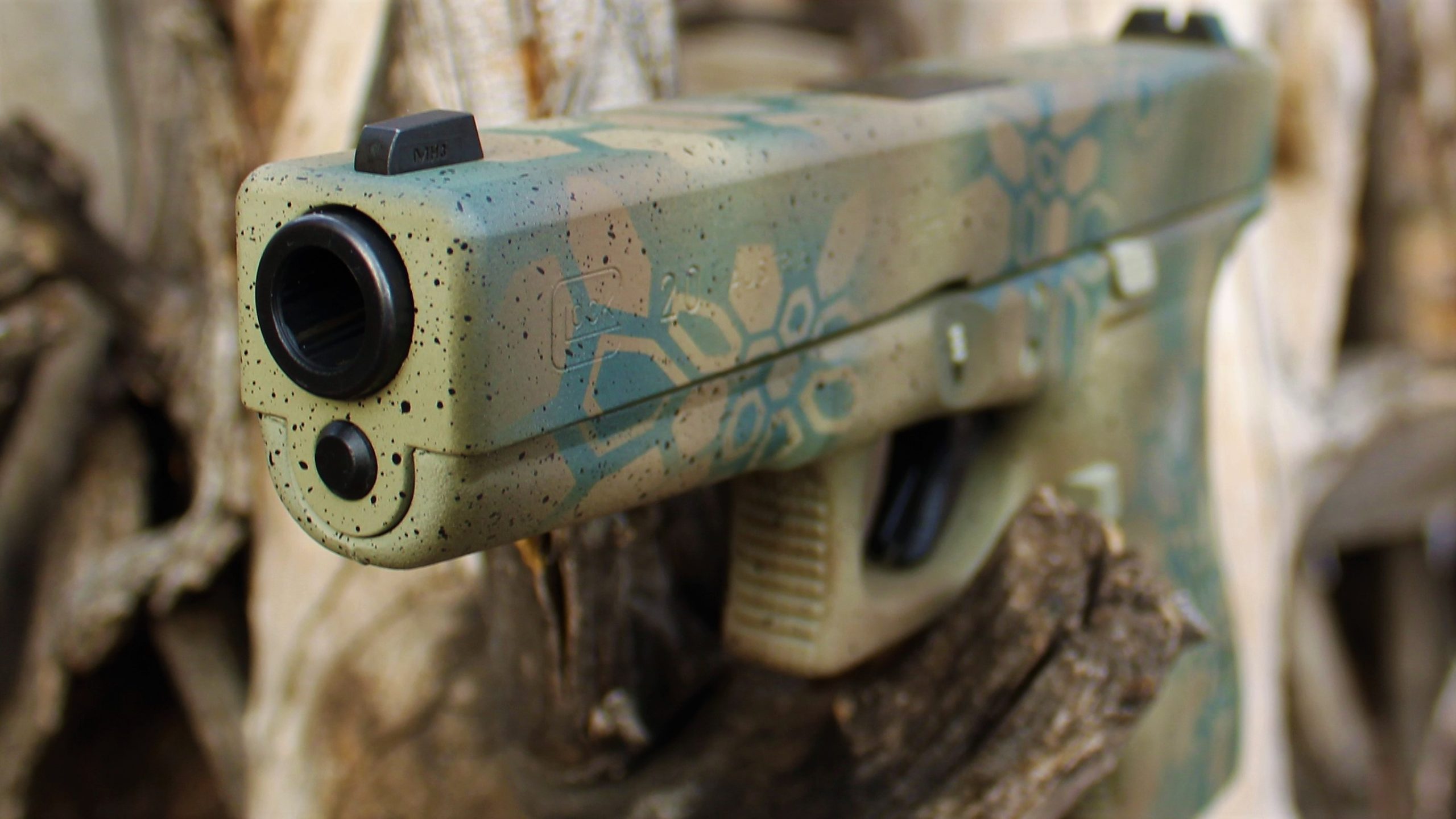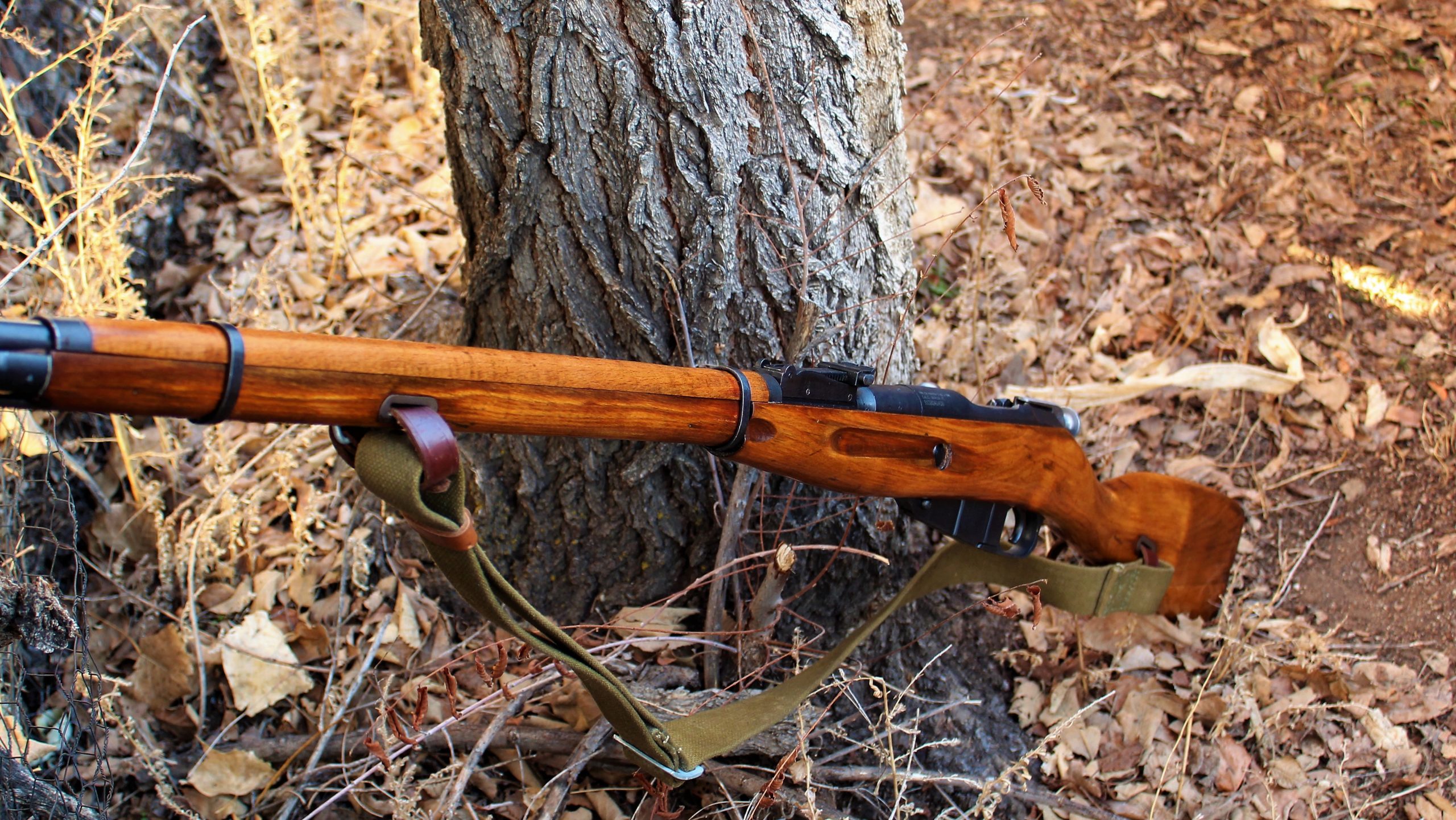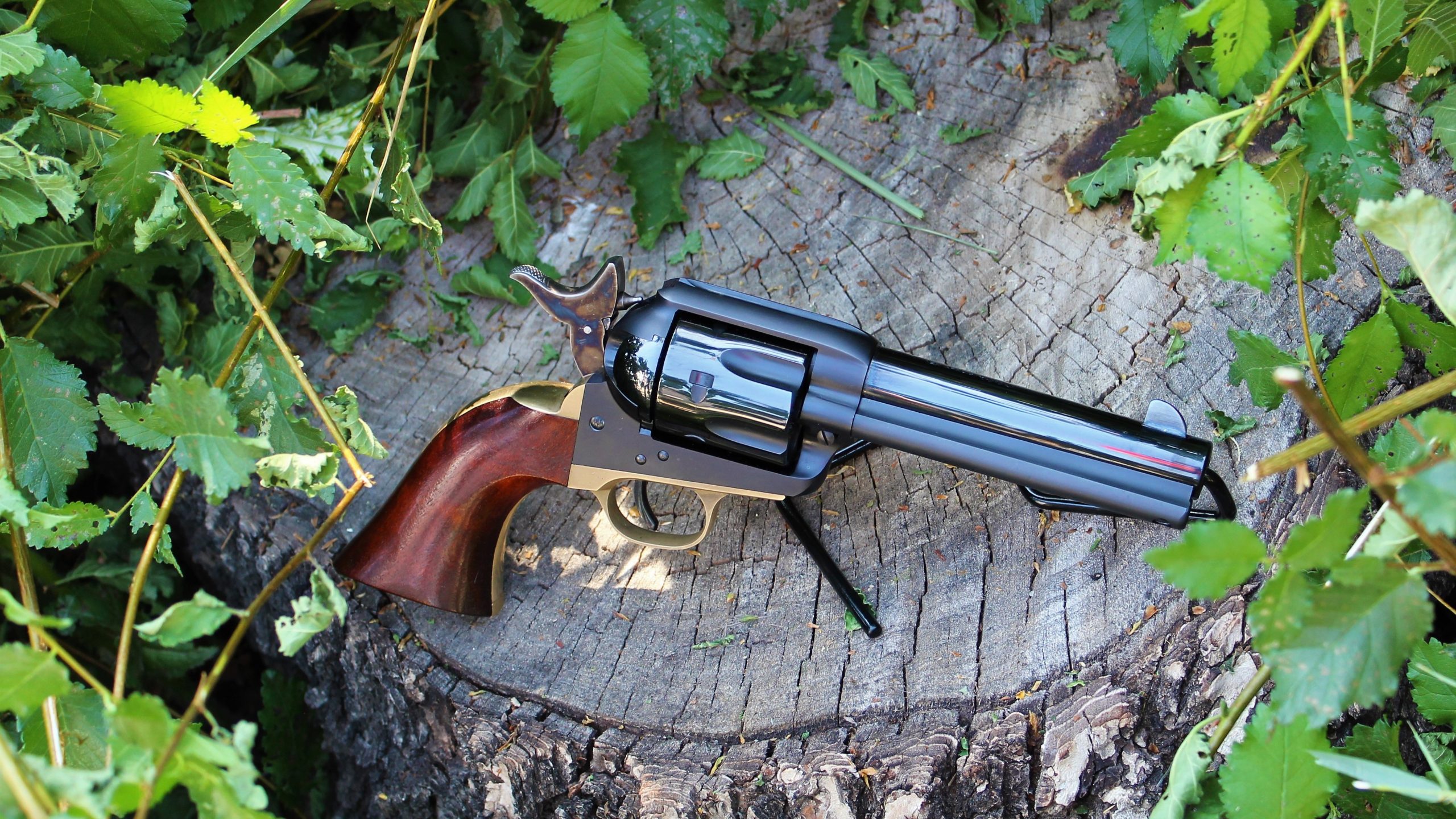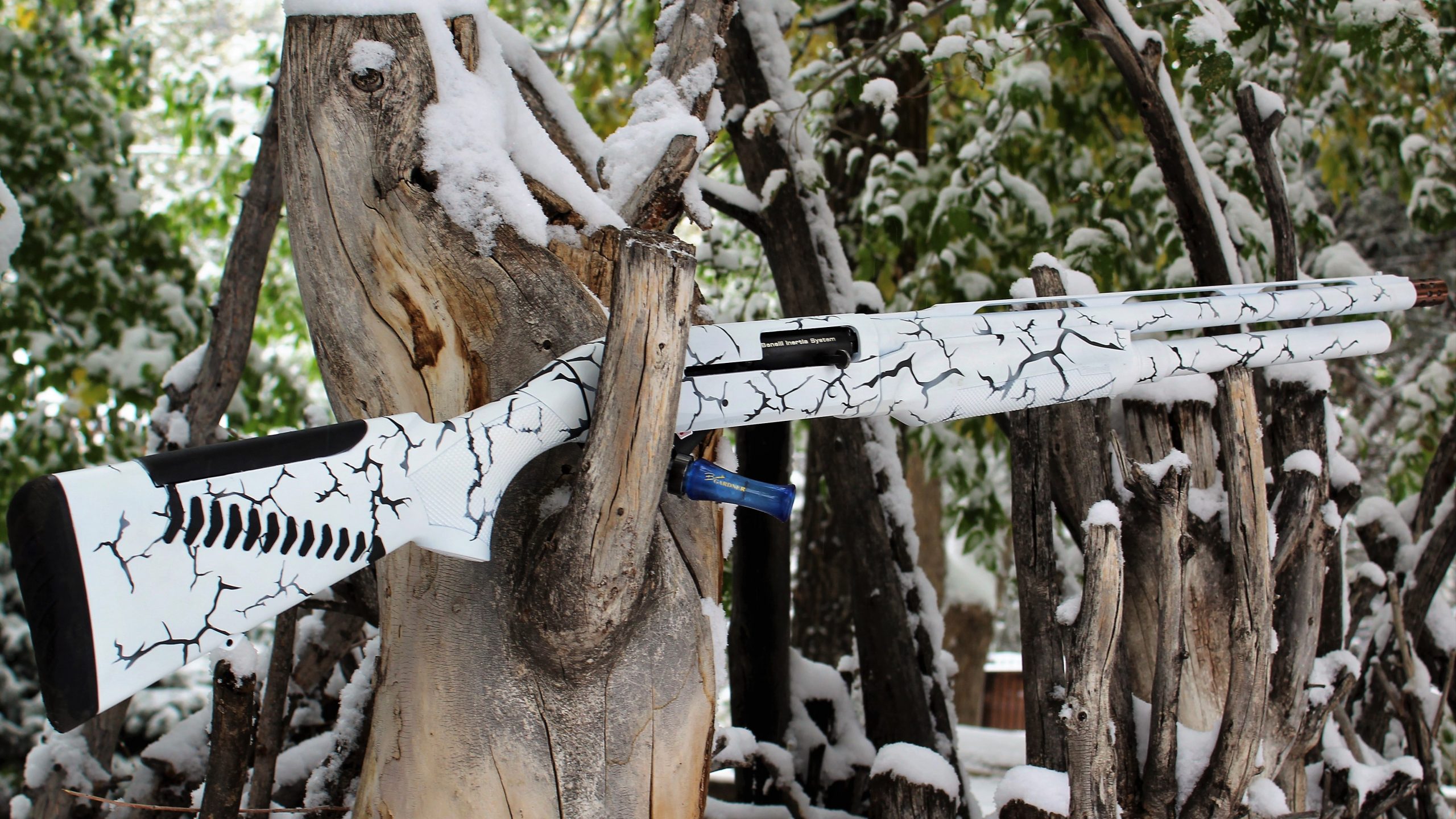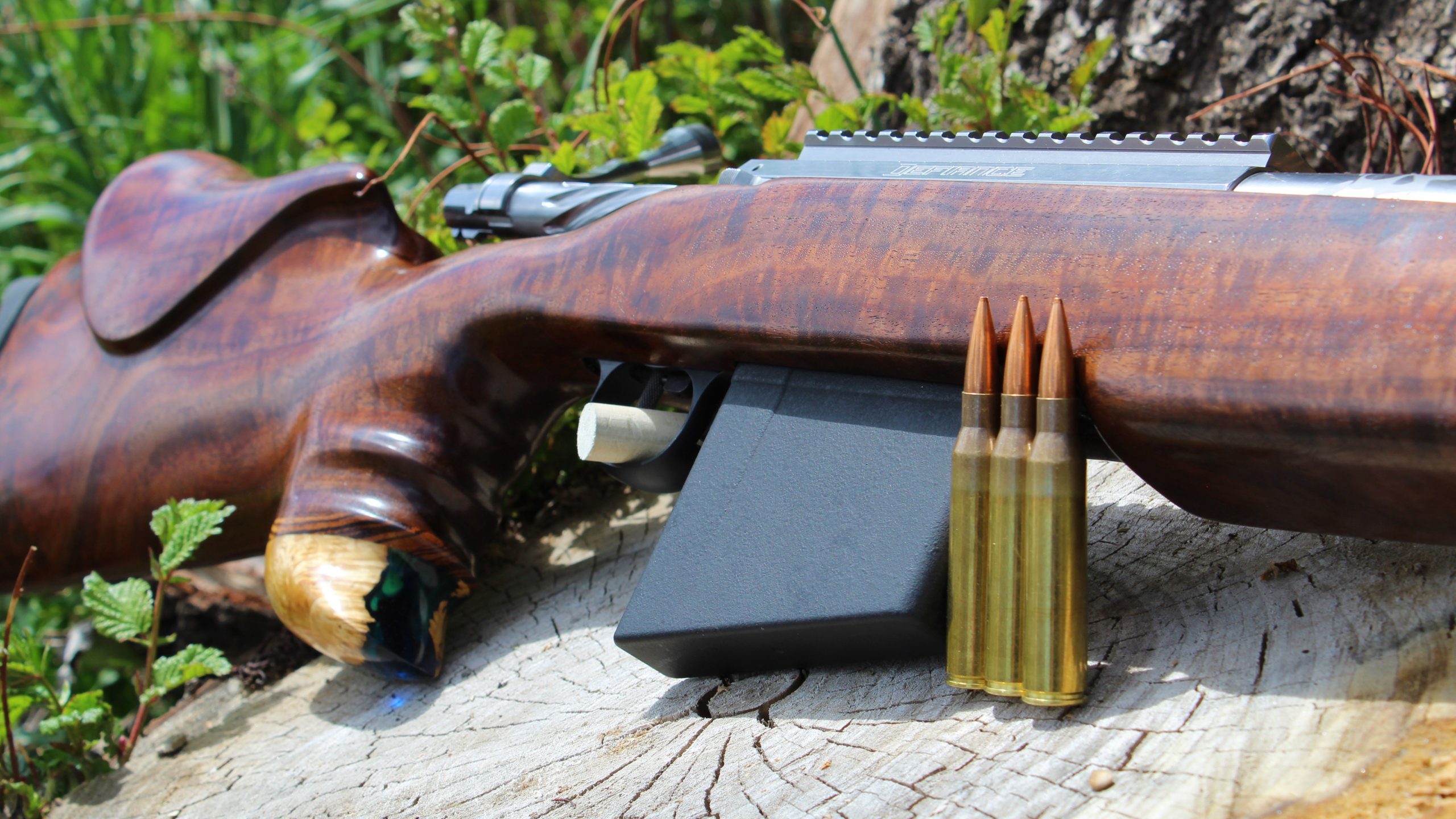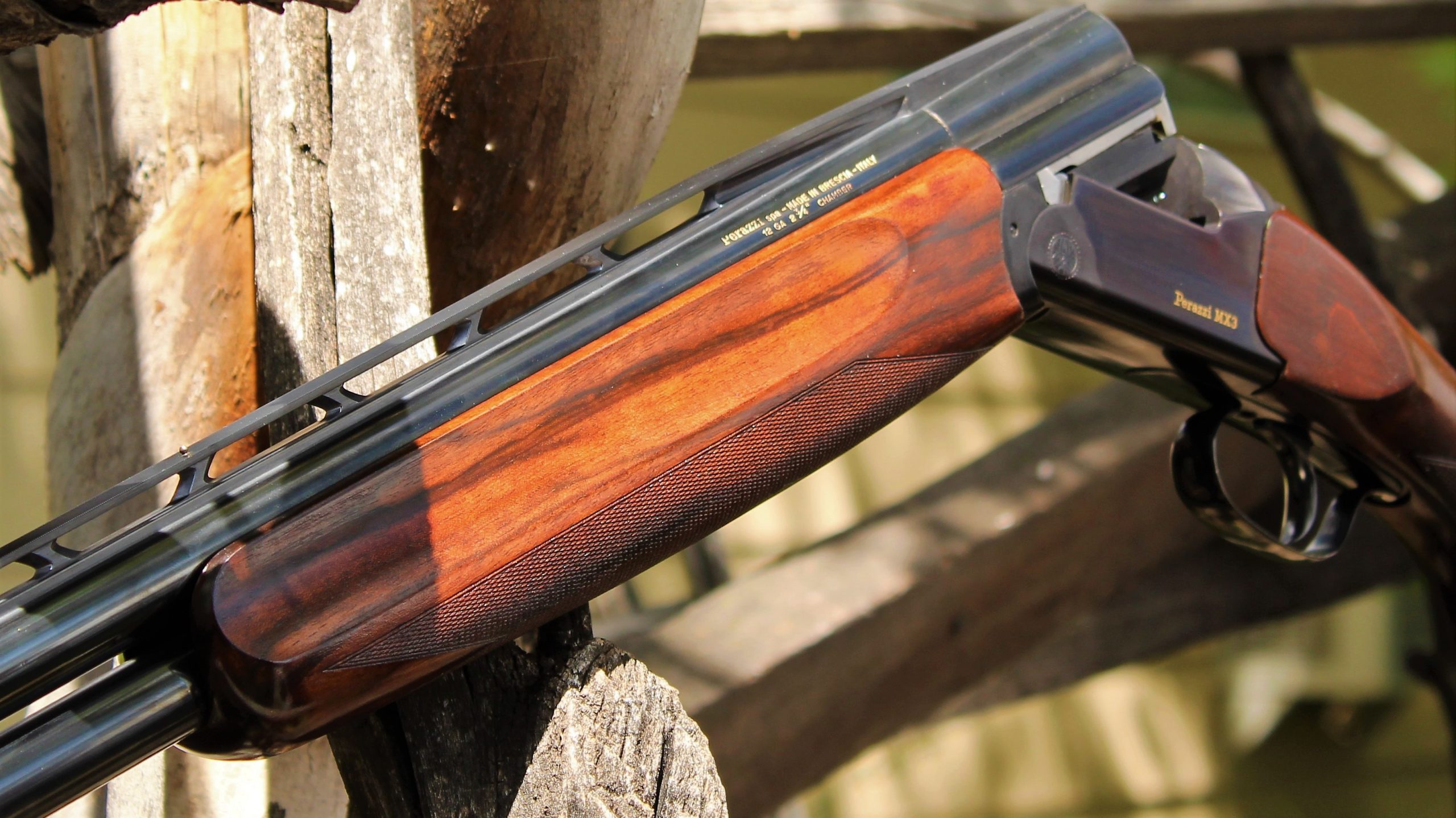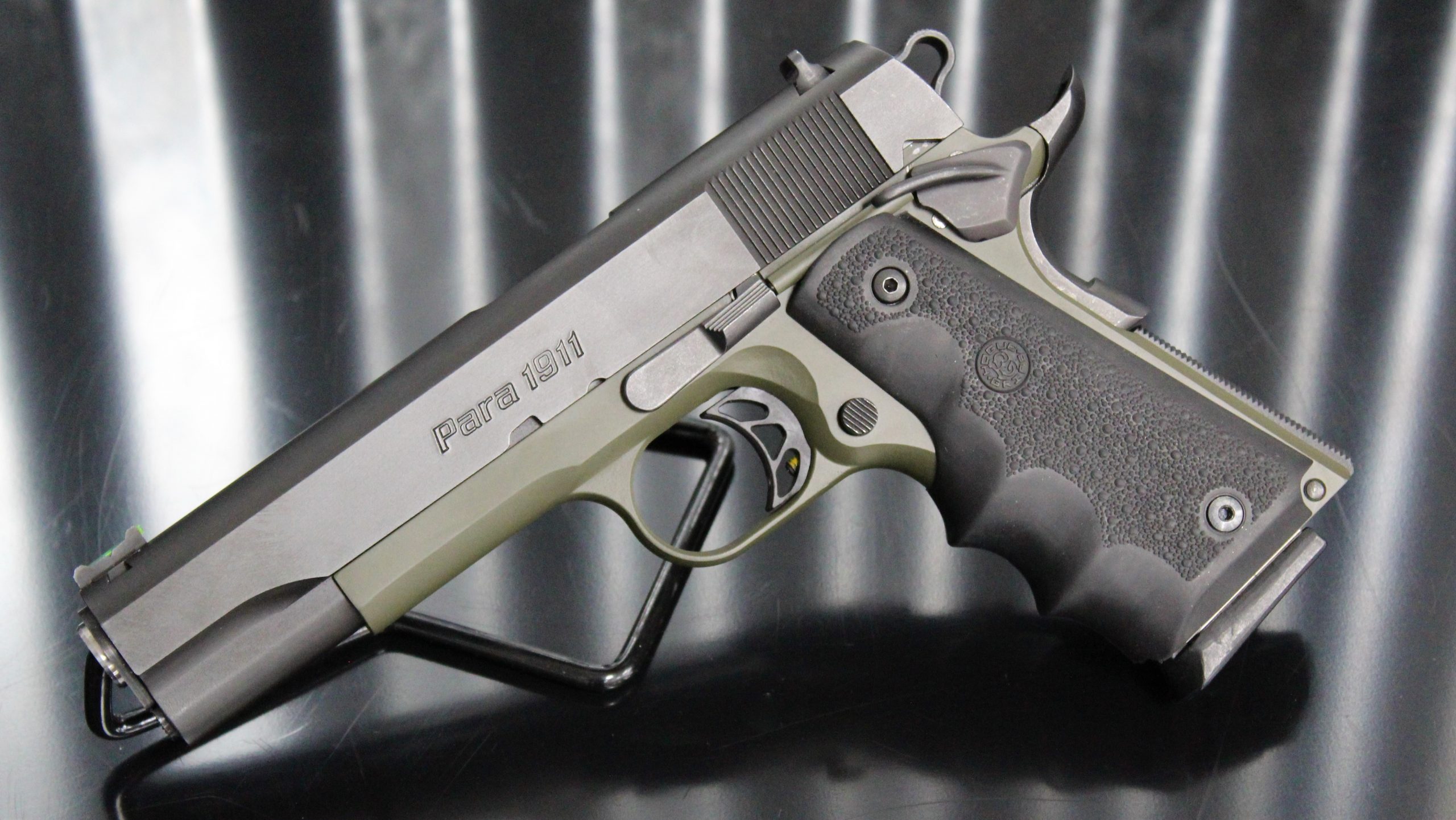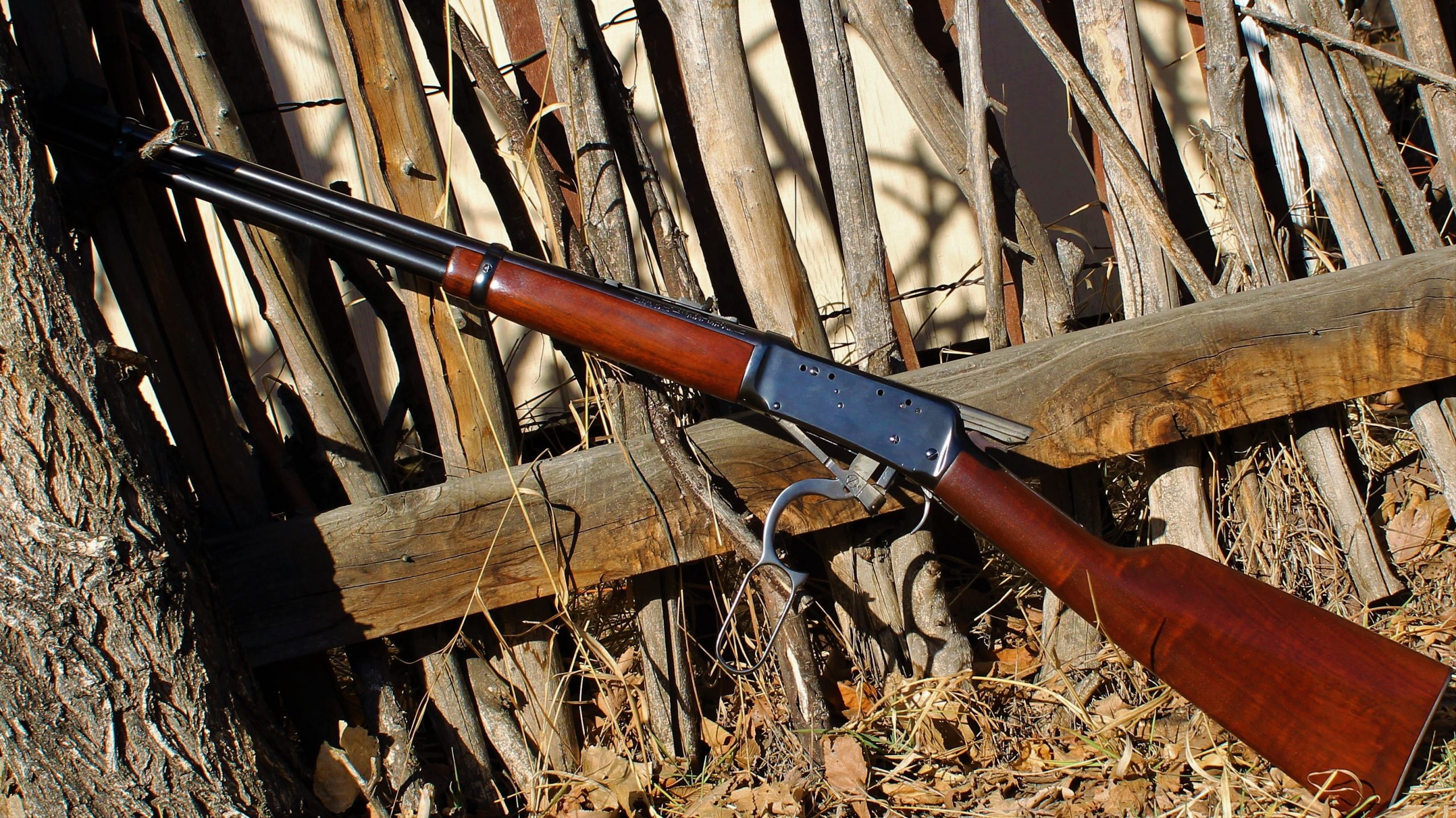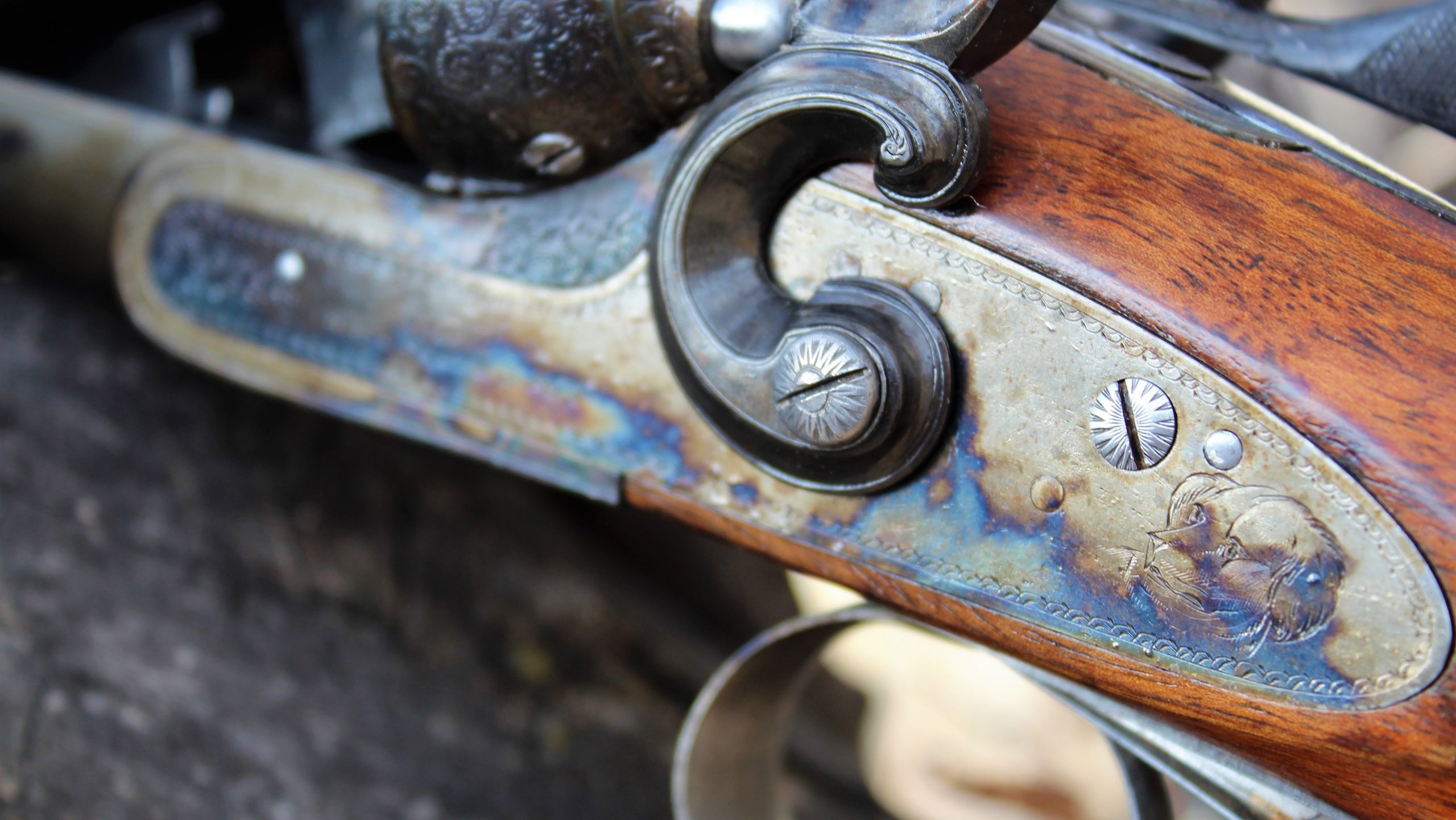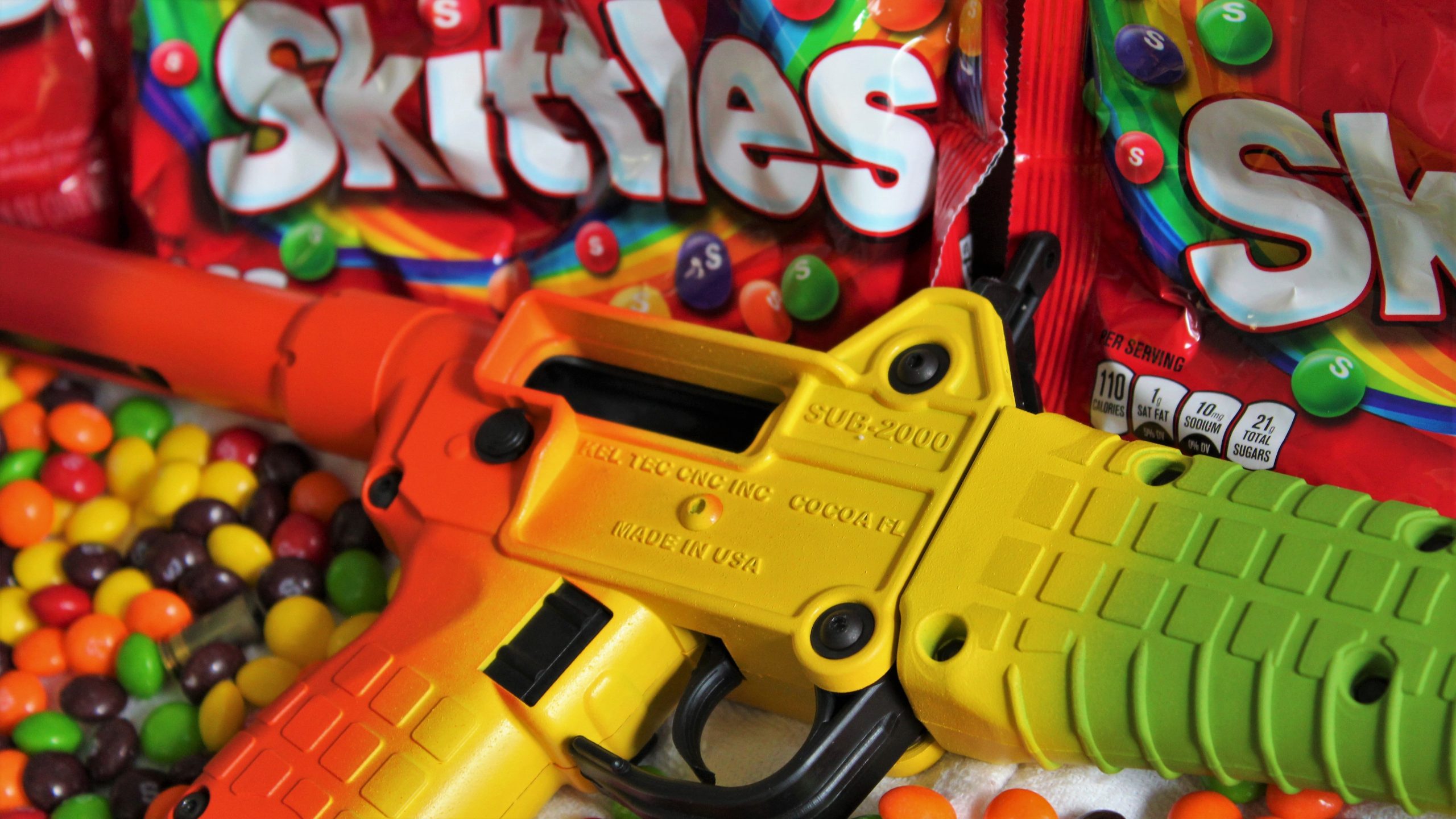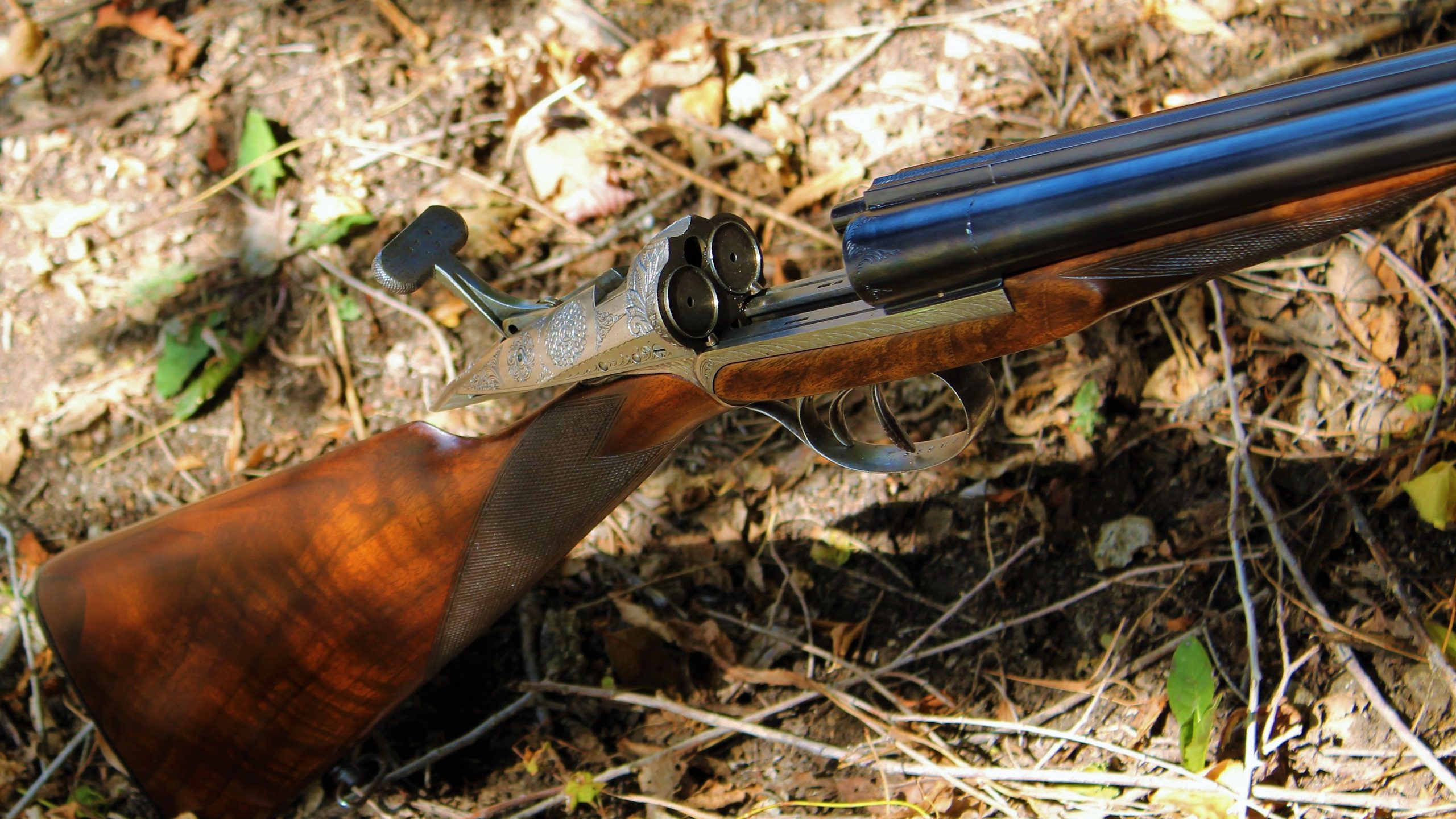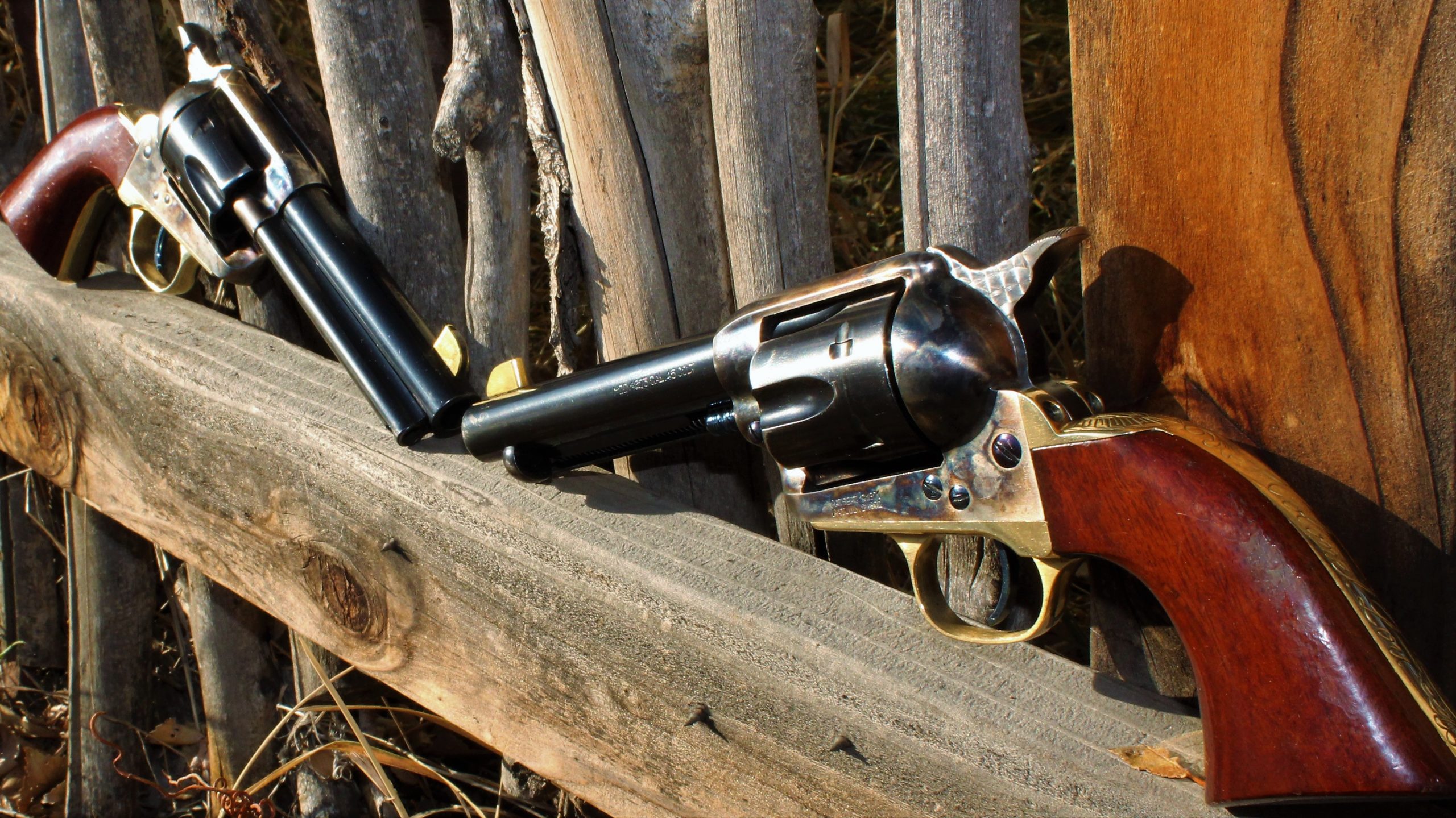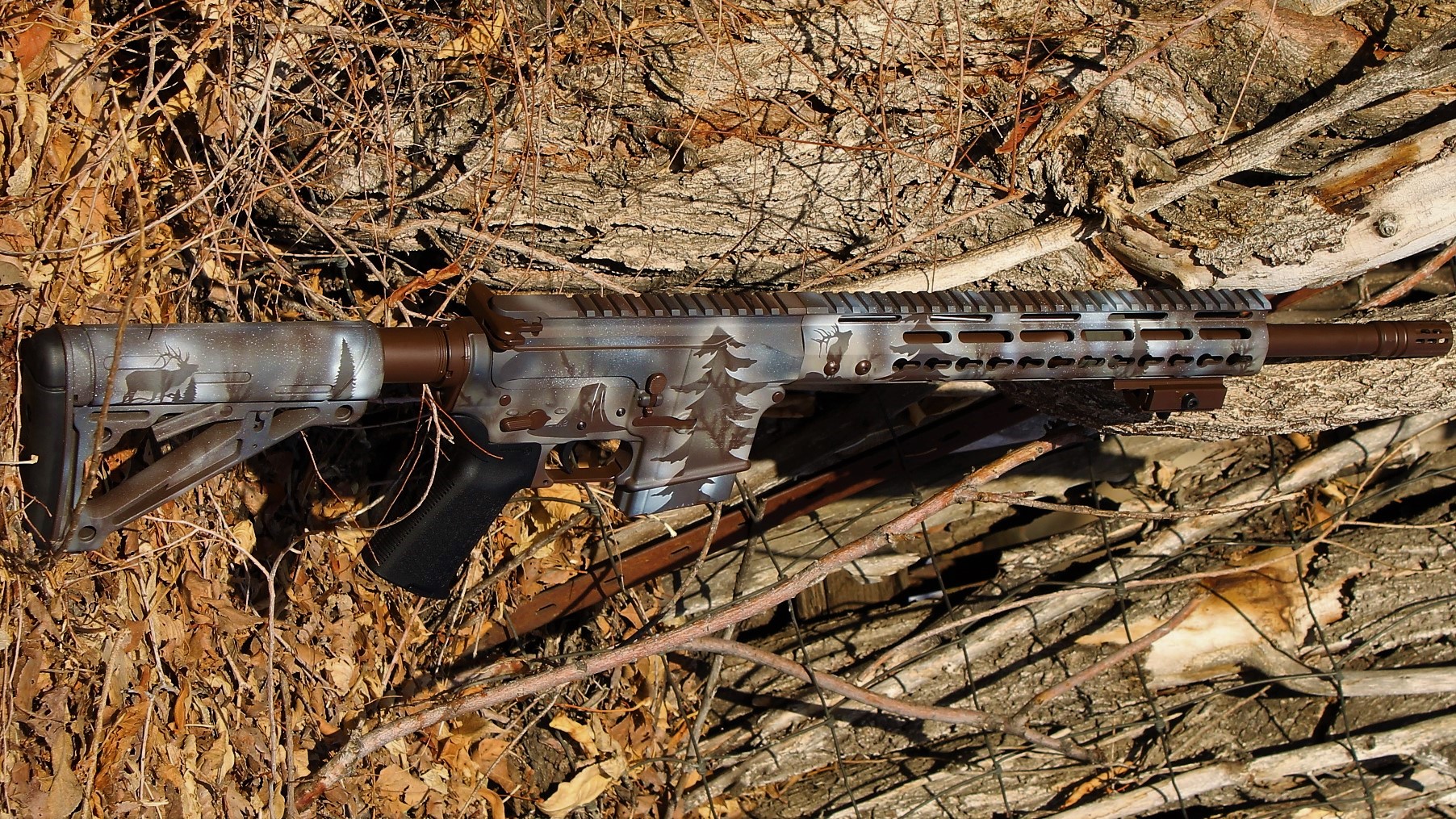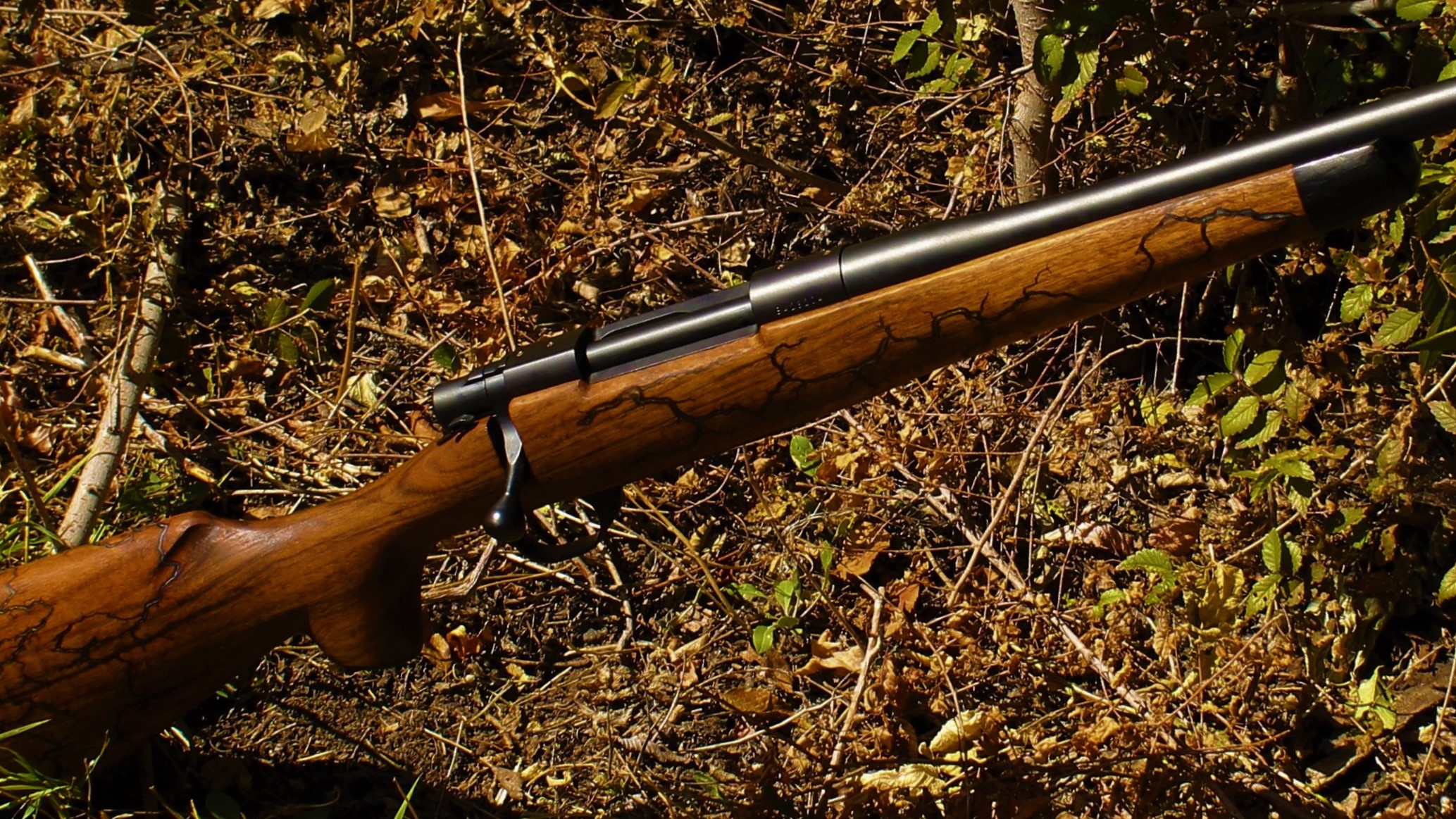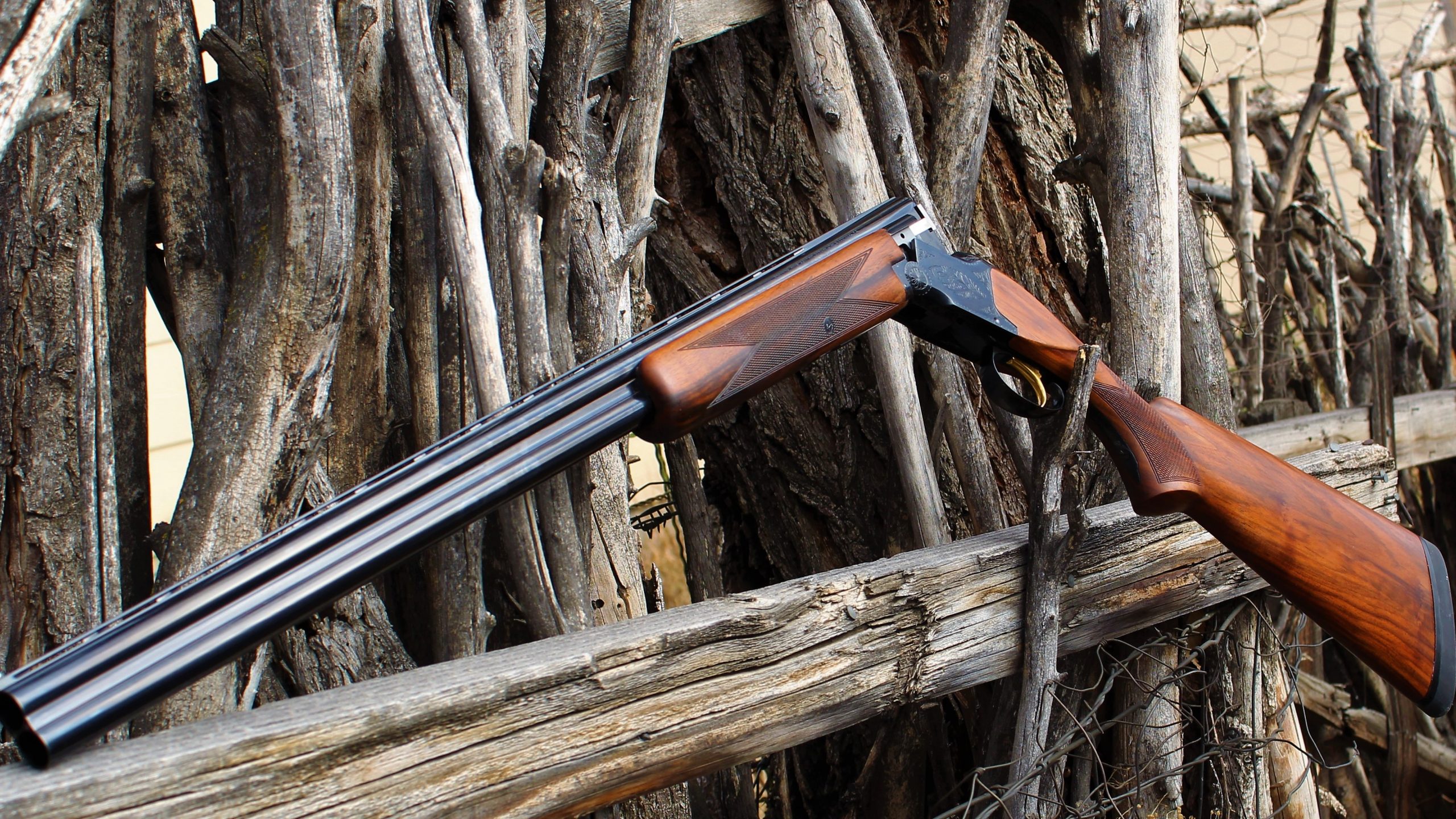Hunters often favor shotguns because the firearm option is extremely versatile. However, this has resulted in an immense and complex ammunition market. When shopping for shotgun ammunition, you’ll come across thousands of different types of shotgun shells that offer diverse results. With the right ammunition, you’re more likely to be an effective hunter.
Shotgun gauge sizes
According to gunsmithing experts, the first step to buying the right shotgun ammunition involves choosing the best gauge. In the firearms industry, manufacturers measure shotguns in gauges as opposed to calibers. The term “gauge” defines the barrel’s diameter while the number refers to the lead weight that will fit inside a gun’s barrel. If you buy a 12-gauge shotgun, then 12 equally sized balls made from one pound of lead will fit inside the weapon. As a result, a 20-gauge shotgun is smaller than a 12-gauge.
In the past, people made their own ammunition from purchased lead pieces. An exception to the gauging measurement in shotguns is the .410, which is a small firearm that manufacturers measure by the bore size. If you were to measure it in traditional gauge size terms, it would be a 68-gauge.
Hunters use shotguns to bring down fowl. Also, most hunters choose shotgun shell gauges in smaller sizes for clay target shooting and to hunt small creatures as well as game animals. Larger gauges are best for shooting clay targets. In addition, experts recommend large ammunition for home defense and for hunting big game species like deer and turkey.
Shotgun shell length
Within their corresponding gauges, shotgun chambers are available in different lengths. Keep in mind that even if it’s the proper gauge, it is dangerous to use a shell that’s too long for your shotgun’s chamber. To maintain your personal safety and the security of bystanders, don’t use shells that measure longer than the gun’s guide recommends. However, to shoot with greater accuracy and power, buy the longest types of shotgun shells that are safe to use in your gun.
Types of shotgun shells
Gun enthusiasts refer to the cluster of tiny pellets that you shoot out of a shotgun as shot. In gunsmithing, ammunition manufacturers make shot from pure lead, but they may coat it with other substances like copper, steel or bismuth.
Birdshot is the smallest type of shotgun shell available with letters depicting larger shot sizes. The largest is buckshot, and you’ll want it on hand to hunt deer, vermin or for self-defense. To hunt game birds like woodcock or grouse, select a small diameter shot size like 7 ½, 8 or 9. If you intend to hunt squirrel, duck, rabbit or pheasant, use a 4, 5 or 6 shot size. Large shot sizes include 1, 2 and 3 along with B, BB and BBB.
Other large shot sizes are T, F and FF. Use these sizes for long distance waterfowl hunting based on your preferences. Larger pellets retain their rate of speed and hold enough power to complete rapid kills when you’re shooting at distant ducks and geese. Along with deer, you can use buckshot to bring down a coyote or a fox.
Shotgun slugs
Slugs are another type of shotgun shell. A shotgun slug is a single projectile that most hunters use to take down big game animals like deer or even bears. Slug shotguns come in two different forms — smoothbore or rifled. These terms refer to a gun’s barrel. A smoothbore barrel is a traditional shotgun feature, and you’ll generally use this kind of barrel to shoot pellets.
To shoot big game with a slug shotgun, you’ll want to invest in a gun with a rifled barrel. A shotgun with this type of barrel has grooves and twists that create a spinning and stabilizing action when you release the slug. These barrel features increase accuracy. Shotguns that shoot slugs are specialized firearms, and they are in a separate category.
Nontoxic or lead-free ammunition
Because of environmental concerns, a number of states and regions ban hunters from using lead ammunition. Fortunately, manufacturers offer nontoxic shotgun shell types, also called lead-free ammo or green ammo. These include steel, bismuth, tin and tungsten-polymer materials. Tungsten-iron and tungsten-matrix are also environmentally friendly.
A few final considerations
Choose shotgun shell types and sizes according to the kind of game you intend to hunt. Use caution regarding the length of your ammunition, and while hunting, be sure to use a quality gun that inspires confidence.

